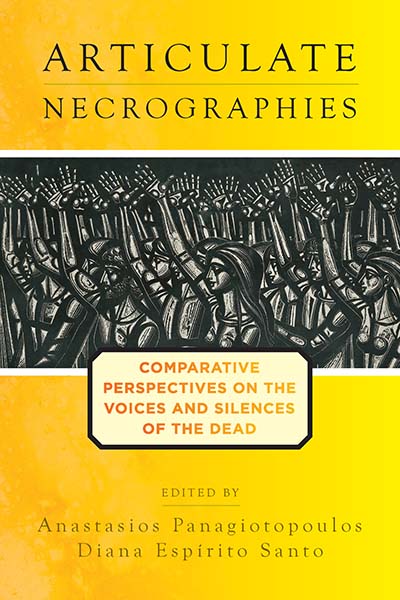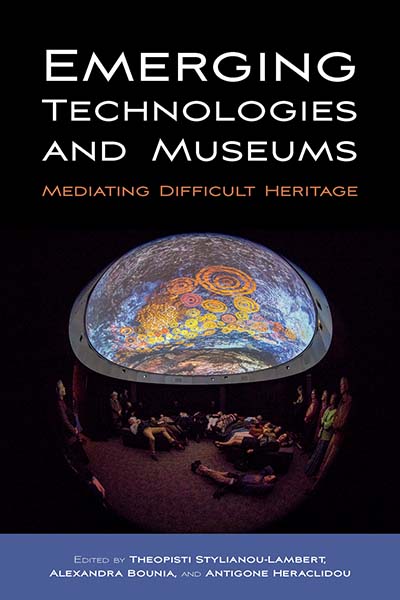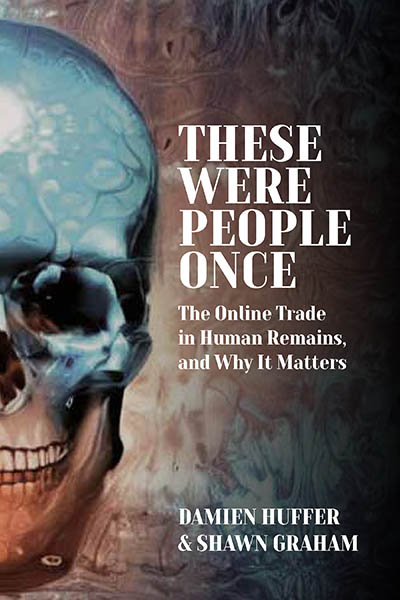
Email Newsletters
Sign up for our email newsletters to get customized updates on new Berghahn publications.
Investigating Online Heritage Crime
New Directions, New Technologies, Emerging Markets
Edited by Damien Huffer and Evie Handby
244 pages, 24 illus., bibliog., index
ISBN 978-1-83695-305-0 $135.00/£104.00 / Hb / Not Yet Published (January 2026)
eISBN 978-1-83695-306-7 eBook Not Yet Published
Reviews
“This book is an excellent introduction to a crucial new field of interest to all heritage researchers.” • Erin L. Thompson, John Jay College, City University of New York
Description
From Reddit and YouTube to collector forums and live auctions, the avenues through which cultural heritage can be bought and sold are rapidly growing alongside new digital technologies. Considering anew the implications of this digital expansion for the online trafficking of cultural property and human remains, Investigating Online Heritage Crime conducts an exacting examination of these relatively under-researched "sites" of heritage crime. The chapters address how networks operate within and because of the interconnected social media and e-commerce landscape. Through doing so, this volume highlights where markets for online heritage are headed, especially given the ever-prevalent adoption of AI and LLM (Large Language Models) technology that is profoundly reshaping all aspects of online life, including licit and illicit commerce.
Damien Huffer is Research Fellow with the Wildlife Crime Research Hub, School of Biological Science, University of Adelaide. An osteoarchaeologist and interdisciplinary illicit trafficking researcher, he was most recently Lecturer in Criminology in the School of Social Science at the University of Queensland, Australia. He is one of the cofounders of the Alliance to Counter Crime Online.
Evie Handby recently completed her PhD in the Discipline of History and Archaeology at Macquarie University, Sydney. Her research interests include forgery, cultural property trafficking, social media, and media history. Guided by theories of non-human agency, Evie’s doctoral research investigated the production and trade of bad fakes in the twenty-first century.



